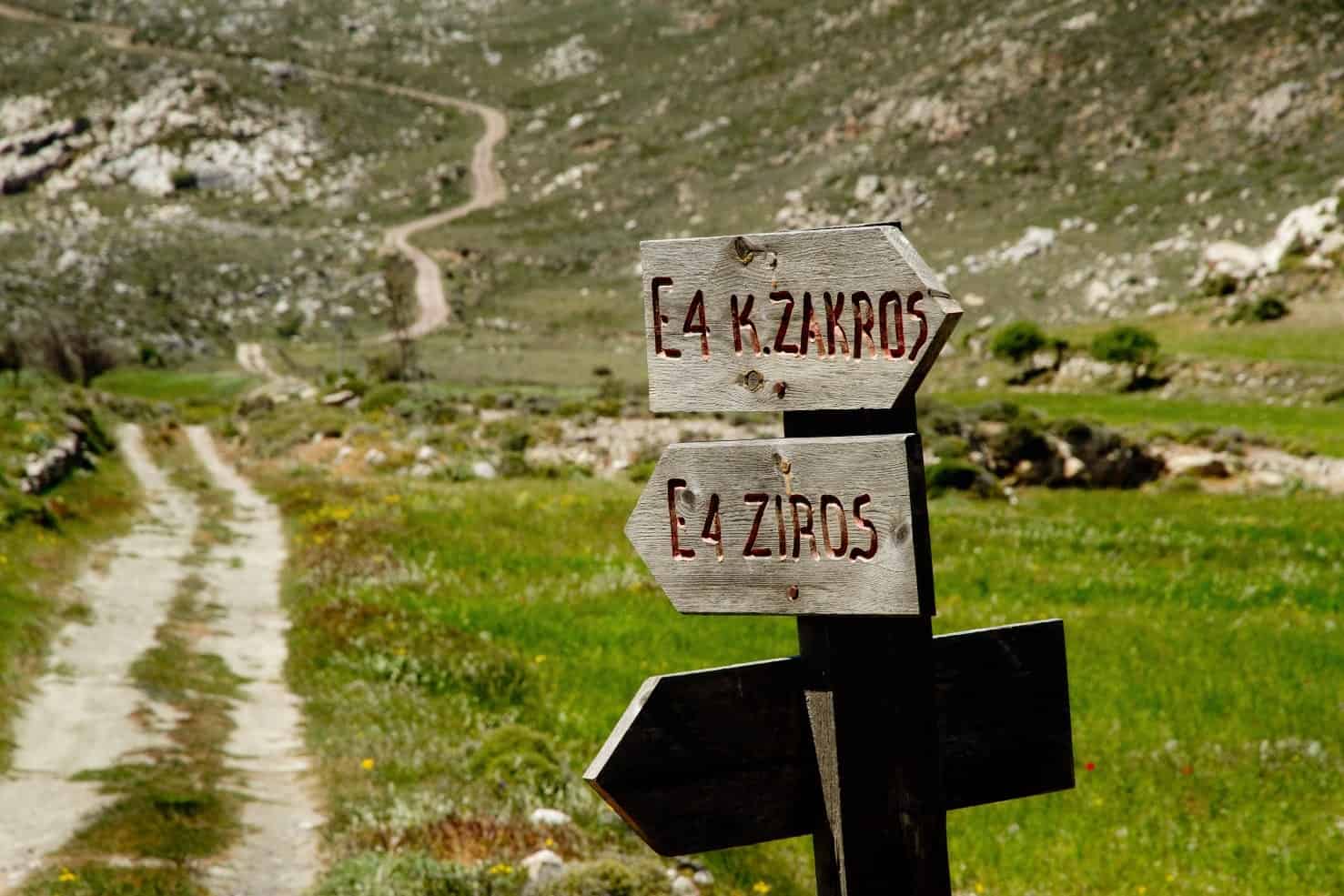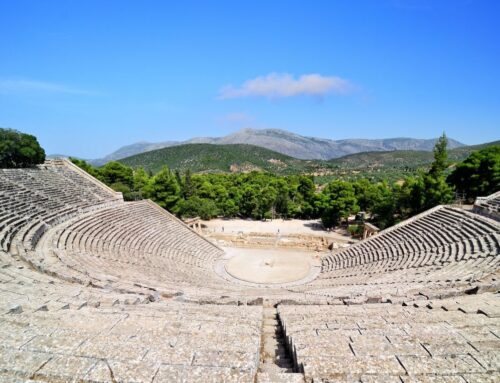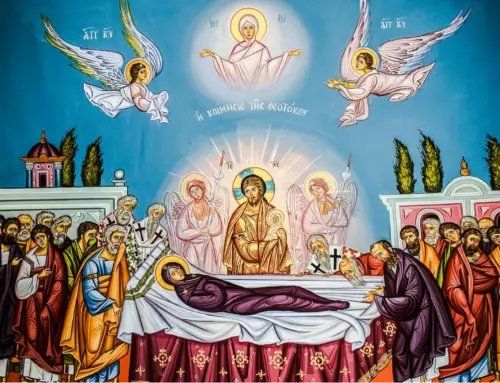
The Most Useful Basic Greek Phrases To Know Before Visiting Greece
The Most Useful Basic Greek Phrases To Know Before Visiting Greece

☞ Table of Contents:
So it’s official, you are going to Greece! Whether you have picked to see the Greek islands or the mountains and monasteries at the mainland and regardless of whether you are visiting during winter or summer, there are a few things you will need to do.
At the top of the priority list are all the essential things we need to organize as travellers. Secure accommodation, research areas and attractions, decide on what the itinerary will look like and of course one of the most dreaded but fun parts, pack the clothes.
While 99% of all travellers will need to go through the steps above, only a few will add this extra level of preparation to their list:
Every year, record numbers of tourists travel from all around the world to witness the beauty of Greece. You may be one of them!
Now, nobody will be surprised by the fact that most of the interactions between visitors and locals are done in English. But wouldn’t it be great if, even though most Greeks have a basic understanding of the English language, you were able to exchange some messages in the local language?
First the basics
Before we begin with the Greek phrases that are most useful when visiting Greece, we need to get the basics out the way so you are able to pronounce them.
Since the Greek language uses the Greek alphabet (duh!), a lot of the words will look quite strange.
There are a few basic rules to remember in order to be able to pronounce things easier in the tables below.
Γ – G – Gamma
– the third letter of the alphabet can be a tricky one. Do not be tempted to pronounce it like the harsh “g” sound unless:
– Γ + Κ = G
– Γ + Γ = G
– Γ in most other instances is pronounced like the first sound in why!
I – H – Y
– Here we have iota, eta and epsilon
– They are mostly all pronounced as the EE sound in machine.
E – Epsilon
– This is NOT an EE sound, unless it is followed by an “i”, but lets not go there.
– When you see EPSILON – assume it is pronounced like the “e” in PET.
Accents
The Greek language uses accent symbols. If we were to go back to Ancient Greece we would see a polytonic system with multiple symbols. Thankfully, nowadays, there tends to be only one accent symbol per word.
*In the table below accent is shown by capitalization.
The Basic Greek Phrases You Will Use Everyday
This is a list of English/Greek translations that will become useful during everyday interactions. From walking the street, to showing good manners, you can’t get wrong with please and thank you and every single person will appreciate it.
English |
Greek |
Pronunciation |
|
Hello & Goodbye (one person, informal)
|
Γειά – Γειά σου
|
Yee-A – Yee-A su
*Yee-a sou can be used as a greeting both when first meeting someone and when leaving. *Informal one can be used with people younger than you. |
|
Hello & Goodbye (formal and/or plural)
|
Γεια σας
|
Yee-A Sas
* use formal Yia Sas when speaking to groups of people or people your age and older to show respect. |
|
See you later
|
Tα λέμε
|
Ta LE-me
|
|
Good morning
|
Kαλημέρα
|
Ka-lee-ME-ra
|
|
Good night
|
Καληνύχτα
|
Ka-lee-Nee-HTA
|
|
Please & You are welcome
|
Παρακαλώ
|
Pa-ra-ka-LO
*very easy to remember since it can be used for both please and you’re welcome. Just add it at the end of the sentence.
|
|
Thank you
|
Eυχαριστώ
|
Ef-ha-ree-STO
An easier way to pronounce this would be F – Harris – Toe |
|
How are you? (singular)
|
Τι κάνεις;
|
Ti KA-nees?
|
|
How are you? (plural)
|
Τι κάνετε;
|
Ti KA-ne-te?
*The plurar version can also again be used to show respect towards older people. |
|
Yes, please.
|
Nαι, παρακαλώ
|
Ne, pa-ra-ka-LO.
|
|
No, thank you.
|
Oχι, ευχαριστώ
|
O-hee, efhari-STO.
|
|
Yes
|
Ναι
|
Ne
|
|
No
|
Οχι
|
O-hee
|
|
Excuse me
|
Συγγνώμη
|
See-GNO-mee
*the “g” here is pronounced like the first sound in the word “why” |
The “I want to impress everyone” list of basic Greek phrases
English |
Greek |
Pronunciation |
|
I love Greece.
|
Aγαπώ την Ελλάδα.
|
A-ga-PO teen E-LA-da
|
|
Do you speak English?
|
Mιλάτε Αγγλικά;
|
Mee-LA-te a-glee-KA
*notice the double γγ – in this word
*this means we have the
“G” sound as in “get”
|
|
I don’t understand!
|
Δεν καταλαβαίνω!
|
Den ka-ta-la-VE-no
|
|
Nice to meet you.
|
Χάρηκα πολύ.
|
HA-ree-ka poLEE
|
|
What is your name?
|
Πως σε λένε;
Πως σας λενε; (formal or plurar)
|
POS se LE-ne?
POS sas LE-ne?
|
|
My name is…
|
To όνομα μου είναι…
|
To O-no-ma mou EE-ne..
*notice the “ει” that forms the sound
“ee” as in machine. The dipthong
“αι” at the end
gives us the letter “e” as in “pet”
|
|
Cheers (before drinking)
|
Στην υγειά μας – shortened to – >
|
Ya mas!
|
|
Where is the bathroom?
|
Που είναι το μπάνιο;
|
pu EE-ne to BA-nio?
|
|
Two beers, please
|
Δυο μπύρες παρακαλώ;
|
theeo BEE-res pa-ra-ka-LO
*Δ or delta – is pronounced as “th” in
“that”
|
|
More wine, please
|
Κι άλλο κρασί παρακαλώ
|
kee-A-lo kra-SEE pa-ra-ka-LO
|
*Disclaimer: This page might include affiliate links. If you decide to book something through one of them, I might get a little bonus, but it won't cost you anything extra.*

























